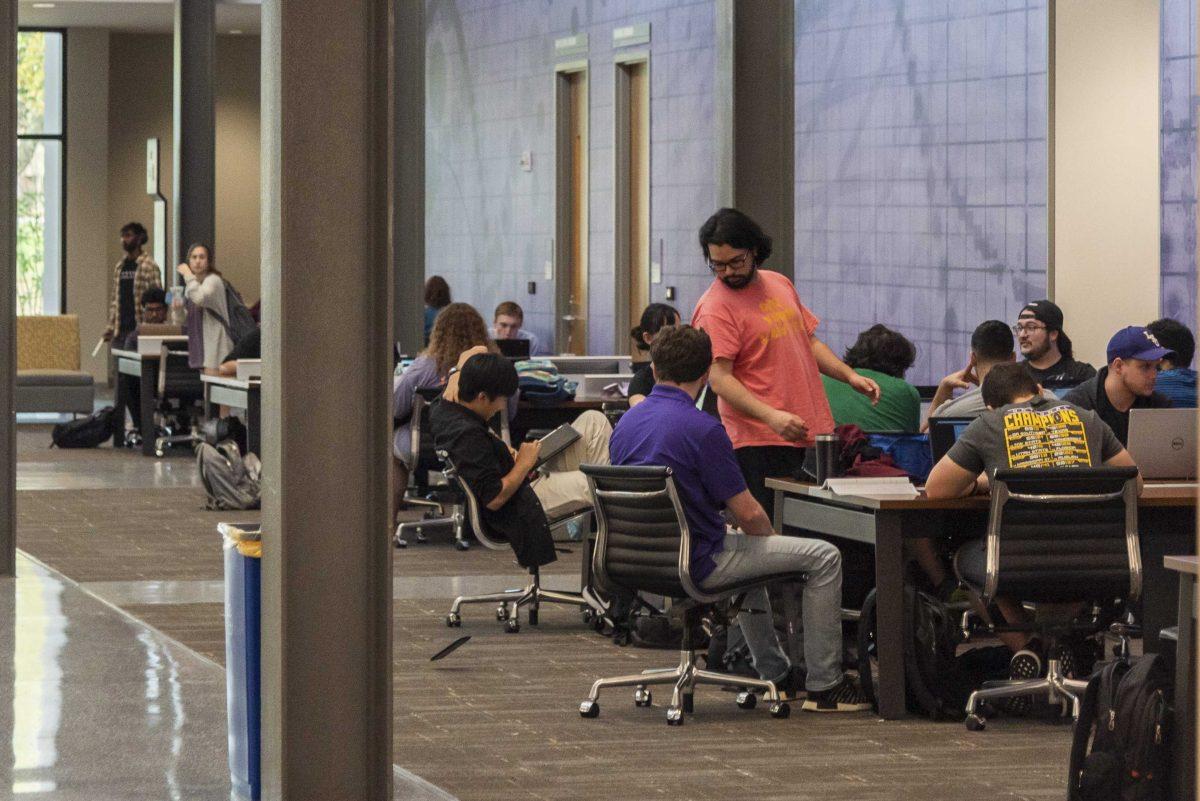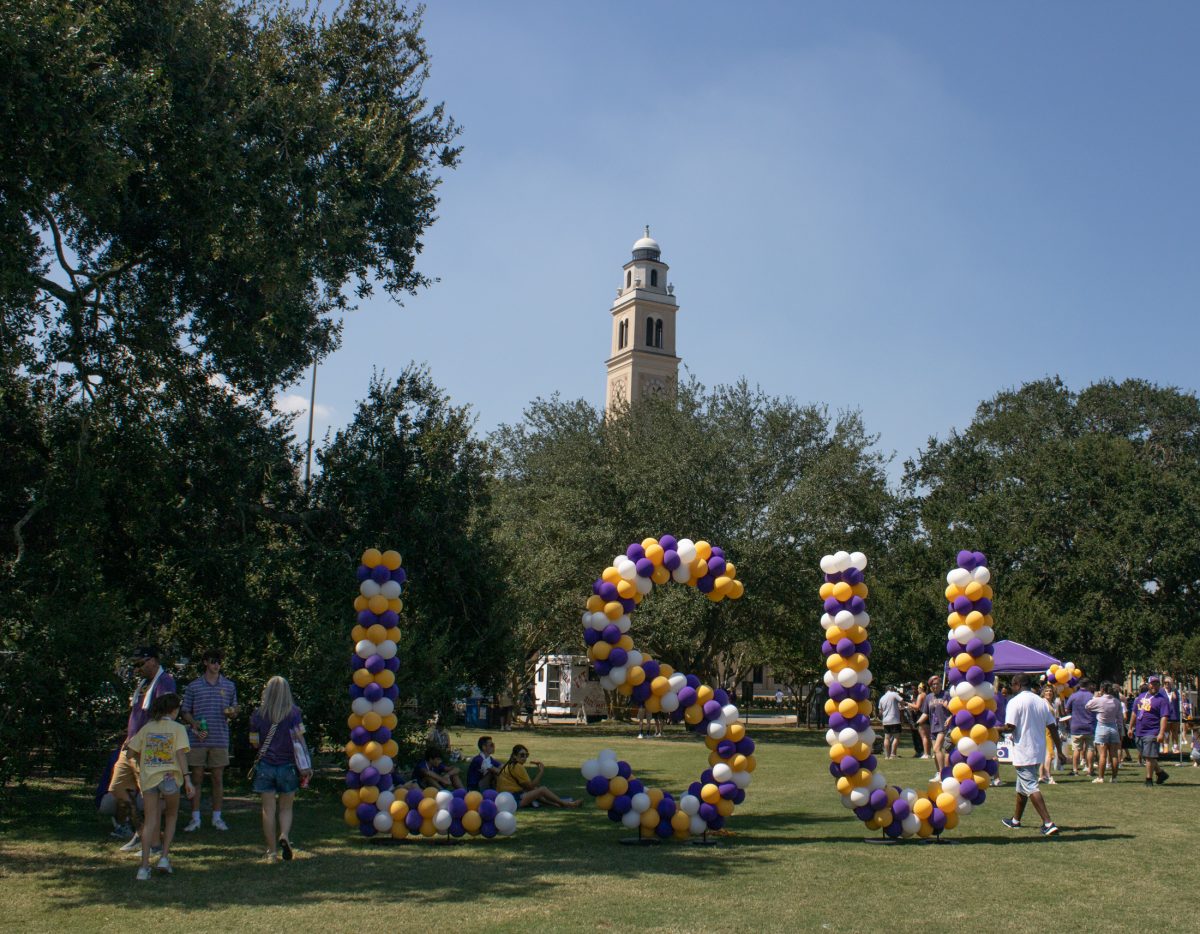LSU’s College of Engineering is collaborating with partners in the U.S. and Israel to run one of the United State’s three new U.S.-Israel Energy Centers, the University announced Sept. 22.
LSU’s team will join researchers from the University of Louisiana system, Argonne National Laboratory, Tel Aviv University, Haifa University, the Israel Institute of Technology, the Geological Survey of Israel and Delek Drilling. The unit will be led by researchers from Tulane University.
One of LSU’s researchers, Karsten Thompson, said the deal started on the congressional level, thanks to former Senator Mary Landrieu.
“There’s been some large gas discoveries in the east Mediterranean, specifically in Israeli waters,” Thompson said. “With all the experience the U.S. has in the Gulf of Mexico, Landrieu felt that this would be a way to develop a good relationship between the two countries.”
Thompson said the partnership has been developing for quite some time, but it took six years for funding to be approved.
The initiative will take $27 million and five years to complete. There will also be two other U.S.-Israel Energy Centers focusing on water technology development and addressing energy storage challenges located at Northwestern University and the University of Maryland.
Thompson said the project has two different focuses.
“There’s the production of natural gas, and there’s the use of natural gas to determine the results,” Thompson said. “LSU’s petroleum department is involved in extracting the natural gases. The chemical engineering department is working on finding usages for the gases.”
Thompson said the College of Engineering’s work in the Gulf of Mexico offers a glimpse into what the department’s work in the initiative would look like.
“We have three projects in petroleum engineering and two projects in chemical engineering under the LSU umbrella,” Thompson said. “For the Gulf of Mexico, one of the petroleum engineering projects revolves around blowout prevention and well control. Meanwhile, chemical engineering has ways of turning the natural gas into higher-value products.”
Thompson said the group has a lot of potential for success.
“If we find new and better ways of turning natural gas into better products, then we’ll see improvements in the petrochemical industry that’ll run throughout the Mississippi River,” Thompson said. “Louisiana holds a lot of potential impact. It’ll take some years for our research to reach the laboratory.
Thompson said research for the initiative is already underway. They are working on a spending budget and recruiting graduate students.
For Thompson and the other LSU researchers, there will be a heavy workload for this initiative.
“We’re going to have to send reports in every three months over the next five years,” Thompson said. “We’re looking at a lot of work ahead.”





